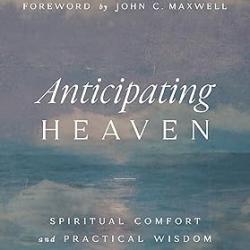This post is part of a series walking through the second volume of Abraham Kuyper’s Common Grace.
Continuing his discussion of the nature of the person, Kuyper reiterates that the regenerate are not two ‘persons’, but rather are two ‘selves.’ Or possibly ‘selfs,’ I’m not sure. We’ve seen that the one may be dormant until conversion, but there is more that distinguishes them than that feature. We know this because even the converted is split–part is driven by the new man, part by the old habits/self.
Kuyper gives an example of this from Dutch politics, and one more comprehensible to contemporary readers from the New Testament where converts to the faith from Judaism simultaneously wanted to live as Christians (the new self) and obey the Old Testament dietary laws (the old self).
Yet another distinction between each self is that there is “vacillation between spiritual peaks and valleys.” (354) And yet another distinction is found within the will: “a will of the reborn self and a will of the flesh.” (355) Kuyper describes this split will with the example of a ship trying to change course: the momentum of the old will remains powerful. This is not to say we must reduce ‘the will’ to “the whim of the moment”, or to some kind of neutral setting that can swing any direction. The will is the end of a chain of a lifetime of choices and formation, including the influence of a community of others. (356)
We even continue to will sin and desire its promises–but now that will lives in the periphery rather than in the core of our self. Hence the “apparent contradictions that are found in spiritual life.” (357-358) Christians sometimes fall mightily, in these cases our will not so much willed sin as it has been deflected by an attack from the world or Satan. Which is not to say that these sins are not from us–they are from the old self and its remnants in the person. Again, the essence may be regenerate, but the consciousness/externals are continuing the process of sanctification.
I think there are a lot of problems with this discussion. Yes, the Bible talks about a divided will in the Christian (Romans 7). But I hesitate to push too hard into figuring that out. We will good and evil at the same time, but to try to straighten that out always seems to lead to some kind of philosophical breakdown. And that’s without getting into Kuyper’s terrible example of race and human essence at the end of the chapter. It’s not as bad as some of his other examples through the book, but still…
Dr. Coyle Neal is co-host of the City of Man Podcast and an Associate Professor of Political Science at Southwest Baptist University in Bolivar, MO













